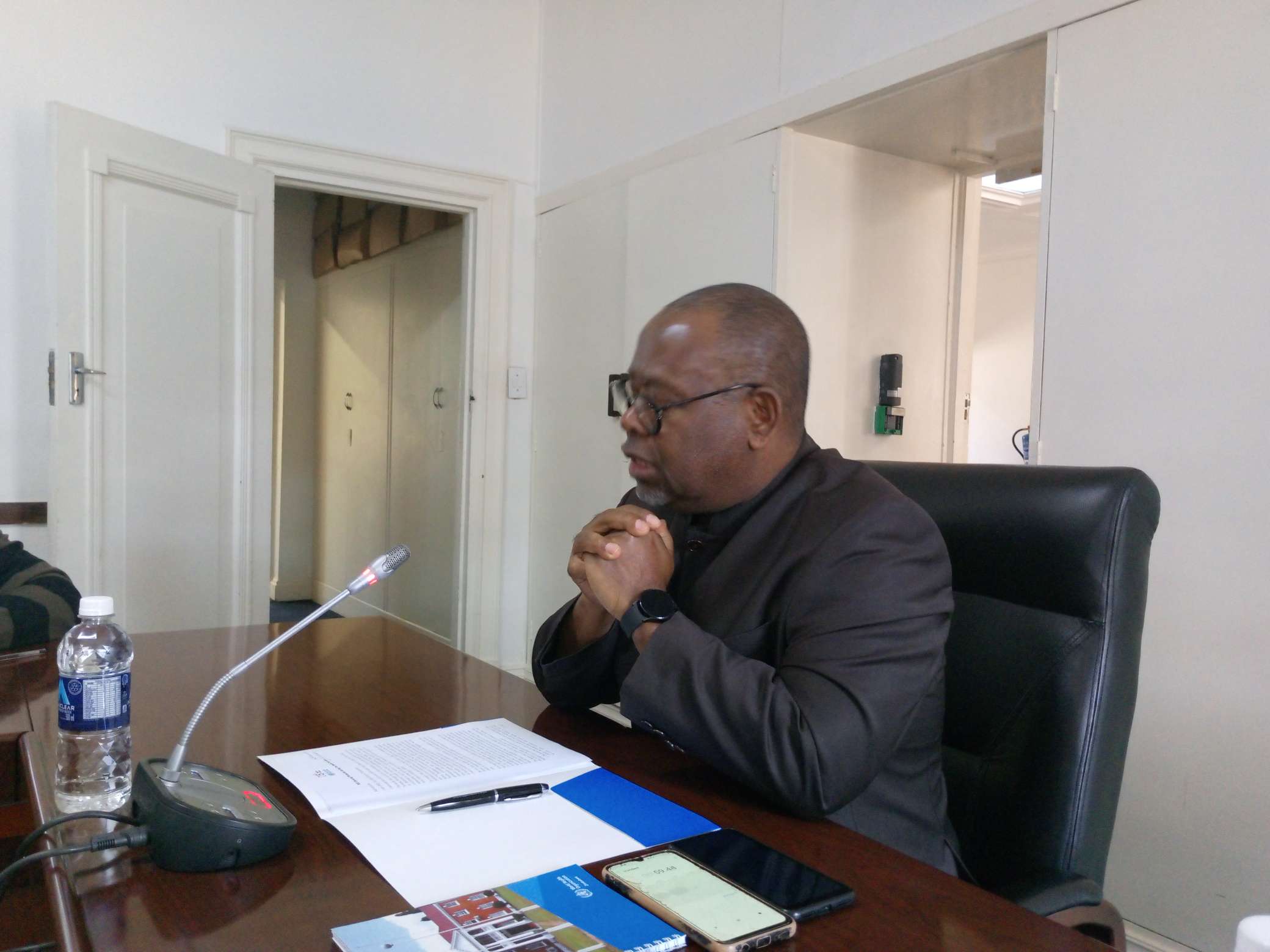|
Getting your Trinity Audio player ready…
|
Trained and knowledgeable health journalists are better placed to accurately report on health issues and disseminate vital information to the public, a science cafe held for media practitioners has established.
In his remarks during the media interface organised by the World Health Organization (WHO) and Health Communicators’ Forum, the WHO Representative to Zimbabwe, Professor Jean Marie Dangou said such interactions make it easier for coordination and for writers to fully understand health concepts before unpacking them for the general public.
“In today’s fast-paced world, the media plays a vital role in shaping public perception and understanding of health issues. With the rise of social media and the internet, information on health is more readily available than ever before. Therefore, it is imperative that we have trained and knowledgeable health journalists who can accurately report on health issues and disseminate vital information to the public.
“The media has the power to educate, inform, and empower individuals to make informed decisions about their health. Therefore, we must continue to support and encourage the work of health journalists in Zimbabwe and around the world. Together, we can create a healthier and more informed society,” Dr. Dangou said.
This year, the WHO is celebrating 75 years of existence, and the theme, health for all, is a call for health services to be accessible and be within reach of everyone in any given country without hindrances such as that of cost, he said.
The health expert added that almost all countries particularly in Africa, are faced with challenges that have hindered progress towards achieving health for all.
“These challenges include a lack of political commitment, insufficient funding, shortage in the health workforce, shortages of essential medicines, and difficult geographical access that have led to underutilization of services in some parts of the country. To deal with the challenges, advocacy at all levels is crucial, and collaborations across all sectors, including the media to ensure that all these challenges facing the health sector can be a thing of the past.
“The media plays a critical role in promoting health for all in Zimbabwe and the COVID-19 pandemic, showed us how critical information sharing is,” he added.
Addressing journalists, Dr. Trevor Kanyowa, the WHO Zimbabwe Team Leader for Healthier Populations said health equity is achieved when everyone can attain their full potential for health and well-being.
“WHO observed its 75th anniversary under the slogan 75 years of improving public health. This year was even more critical as the world is still reeling from the COVID-19 pandemic, which redefined life for a period, and required all of us to rethink the way we do things, including the provision and access to health care services. The principle of health for all, therefore, becomes more important,” he said.
Through responsible reporting which includes highlighting areas that need addressing or improvement, a number of outcomes can be realised.
This leads to expanding equitable access to comprehensive, quality, people- and community-centered health services. Health stewardship and governance can also be strengthened and it increases and improves financing, with equity and efficiency, including advancing toward the elimination of direct payments that constitute a barrier to access at the point of service.
Dr. Lincoln Charimari, the Team Leader of Emergency preparedness and response for WHO Zimbabwe underscored the need for journalists to use appropriate terms and simplify complex jargon so that the general public would understand health issues affecting them.
Anna Miti, the Chairperson of the Health Communicators Forum called for the involvement of key stakeholders in the health sector including local communities in pursuit of achieving universal health coverage. She said regular science cafes between the media and important stakeholders like the WHO will lead to improved health reporting and communication.
